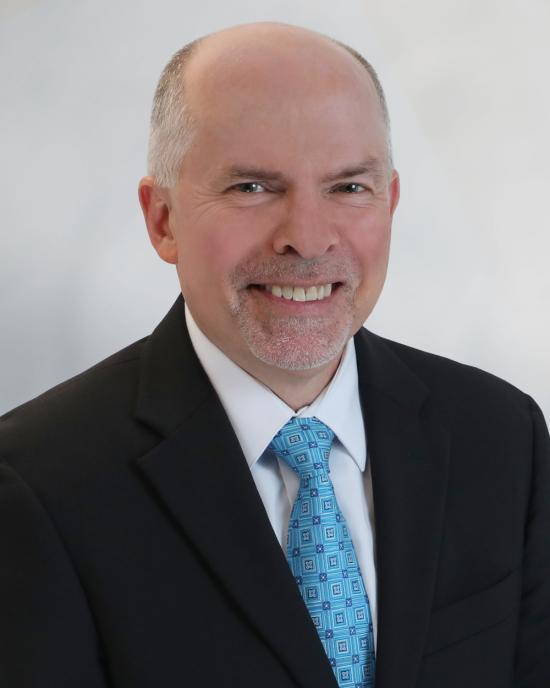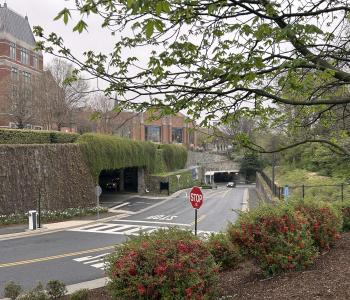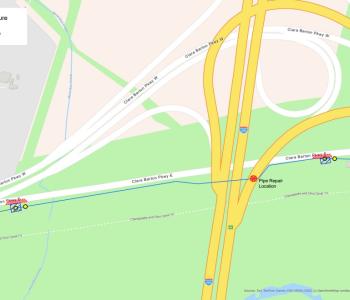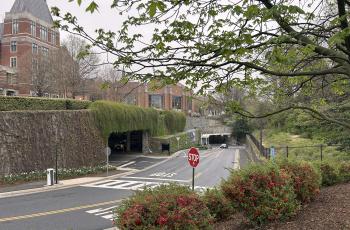Managing Water in the 21st Century: A National Workshop on the DC WASA Experience and the Unintended Consequences of Rules and Regulations that Govern Water Safety
A two-day workshop, hosted by the District of Columbia Water and Sewer Authority (DCWASA) and the George Washington School of Public Health and Health Services, will tackle the problems, perceptions and possibilities of rules and regulations that govern water safety.
Among the participants at the invitation-only workshop - held October 12-13th, at the Cafritz Conference Center in the GWU Marvin Center - are representatives from public water utilities, the federal government, the public health community, environmental groups and academia.
The workshop addresses such issues as identifying health risks appropriately and risk communication, simultaneous compliance and the science and policy questions that have arisen in recent months around the Lead and Copper Rule (LCR) and its enforcement.
DCWASAs experience with lead earlier this year will be presented as a case study of the LCRs enforcement.
At the time, the DCWASA situation was considered an aberration, but other major city utilities - in New York, Boston, Portland, Ore., Seattle, Philadelphia and Detroit - may be faced with similar situations in the near future because regulations often conflict with one another.
DCWASA has been the laboratory for simultaneous compliance, said Jerry N. Johnson, General Manager of DCWASA. Every action that is taken dealing with the chemistry of the water creates another reaction that sometimes has unintentional negative consequences that need to be addressed.
Johnson noted that after its water producer, the Washington Aqueduct changed its water treatment to meet a federal standard for chlorine, lead leaching occurred. After another chemical change this summer, there was a rise in bacterial levels.
The result: The public is often alarmed by media reports on the changing water scenario.
Johnson said that it was important to study the "important policy, science and technical challenge" that simultaneous compliance raises.
After the workshop concludes on Wednesday, there will be a press briefing at 12:30 p.m., on site, at which participants will release an action paper.








